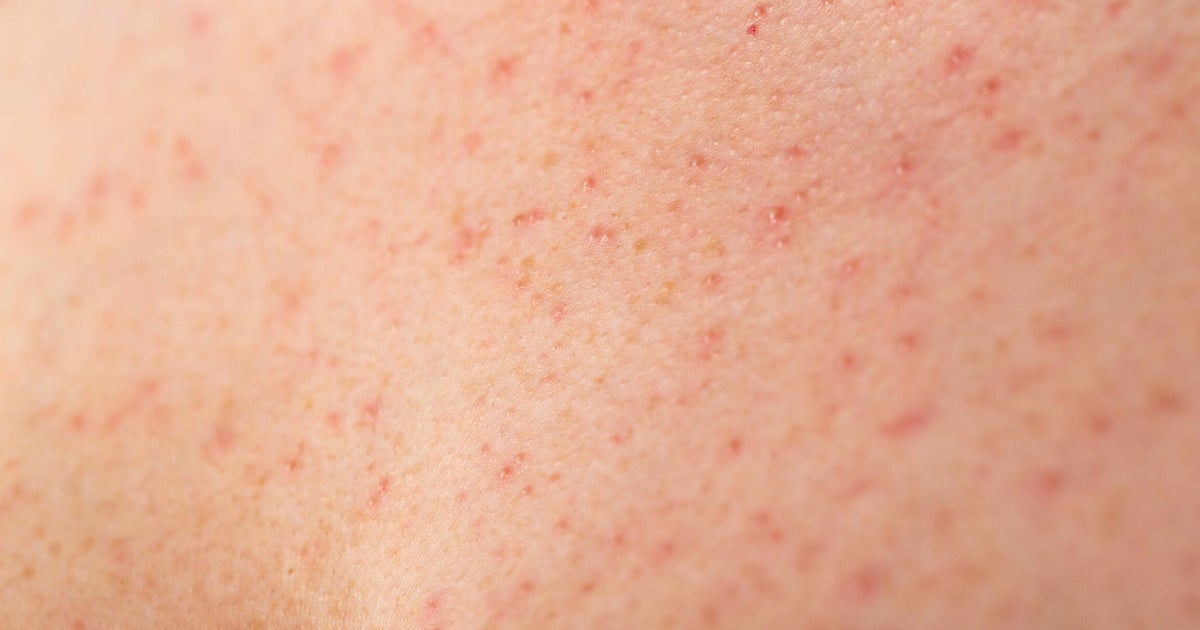West Nile Spraying Could Affect North Texas Bees
NORTH TEXAS (CBSDFW.COM) - Ground and aerial pesticides are expected to help kill off mosquitoes carrying the dreaded West Nile Virus. But, the pesticides could also affect another important insect, one that's vital to our food supply.
If you eat, you can thank a honeybee.
"In order for us to have food, we must have pollinators," Brandon Pollard said.
One third of honey bee colonies in North America began mysteriously disappearing two years ago. In North Texas, honeybees face a new threat.
The same pesticides that kill mosquitoes carrying the West Nile Virus can kill honeybees.
"We already know we've lost thousands," Pollard said.
Brandon and Susan Pollard are founders of The Texas Honeybee Guild. The Pollards say they have already lost one colony in the Junius Heights District when ground spraying started in the area a couple of weeks ago.
The Pollards took video of their dying colony and posted it on their Facebook page.
"Writhing on the ground. And, they really do look like they've been put through a neurotoxin. It's not a pretty sight," Susan Pollard said.
The Pollards think the spray may have fallen on some of the honeybees, or some of the bees drank pesticide tainted water and brought it back to the rest of the colony.
"They will share their food and within 24 or 48 hours, 80-percent of those bees have shared that and they will be gone like the ones that we have witnessed," said Susan Pollard.
The Pollards have begun covering their colonies with large, cardboard boxes to protect them from nightly ground or aerial pesticide sprays. They have to uncover them every morning to cool them off and allow them to go for a drink of water.
The Pollards admit it is too early to tell what ground and aerial pesticides will do to the North Texas Honeybee. But the Pollards call honeybees an "indicator species."
"An indicator species is like the canary in the Coal mine," Susan Pollard said.
"This would be like if the red light on your car was not going off when it needed to go off to tell you, you know, something's wrong here," she added.
The Pollards warn if we lose the honeybees, we could also lose food production or even insects that could help protect the environment.
"We don't want to be messing with Texas or our ecosystem in Texas," Susan Pollard sad.
While the Pollards could lose their workforce, they are stopping short of calling it a potential catastrophe.
"The catastrophe to me would be that we think this is the way to approach the future when we want to be green, progressive, and draw people to come and live in this city," Susan Pollard said.
But, the Pollards are already thinking of next year, hoping local leaders take early action to rid areas that of mosquito breeding grounds without having to resort to pesticides.
Clarke, the company that manufactures the aerial spray called "Duet," said there are many reasons for a "colony collapse." But it admits the aerial spray could be toxic to honeybees.However, the company says it tries to minimize the impact on "non target species" by using a less concentrated formula than the ground spray and by spraying late at night when honeybees are in their hives.
Also Check Out:







